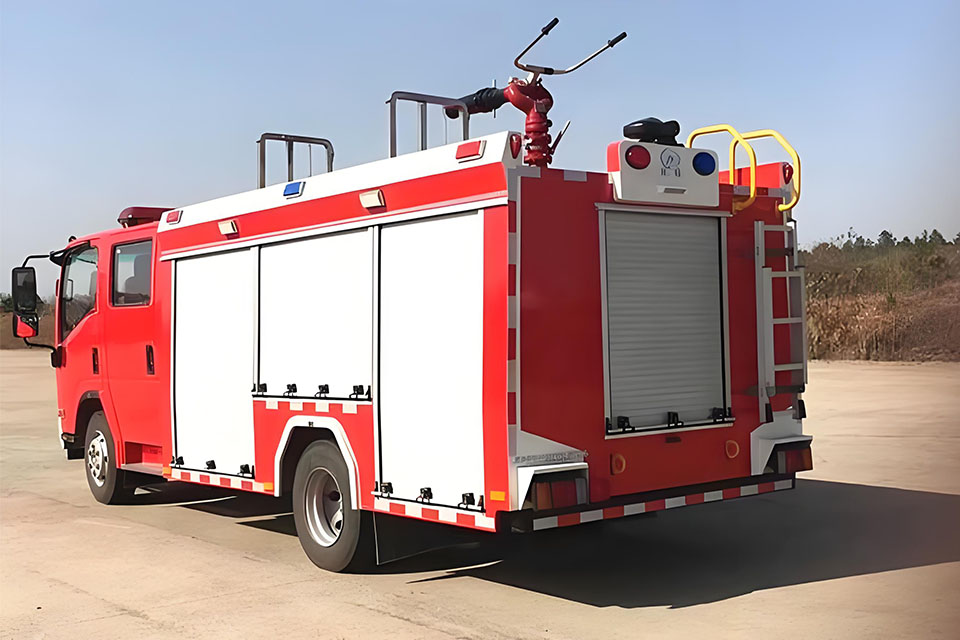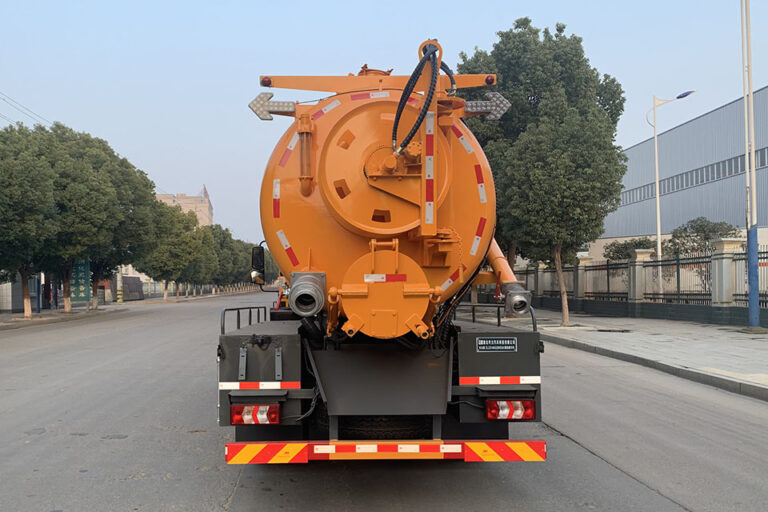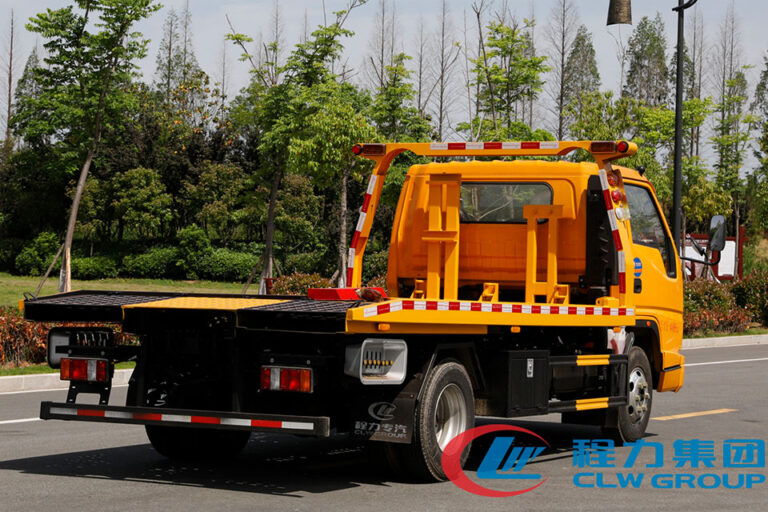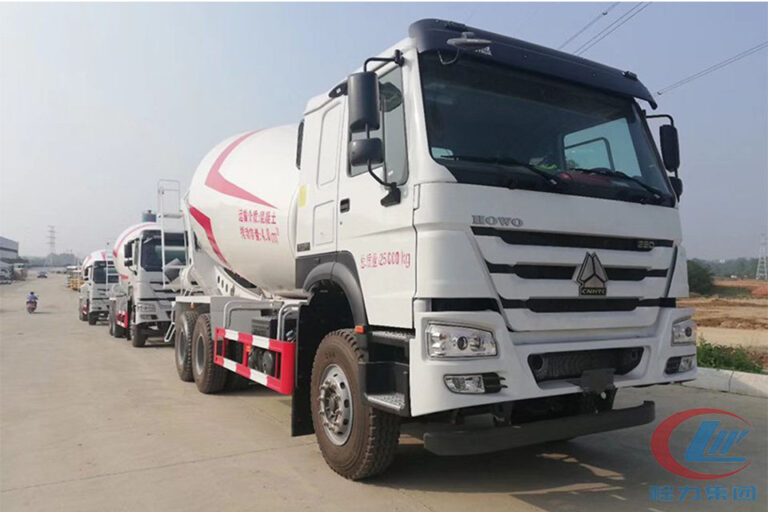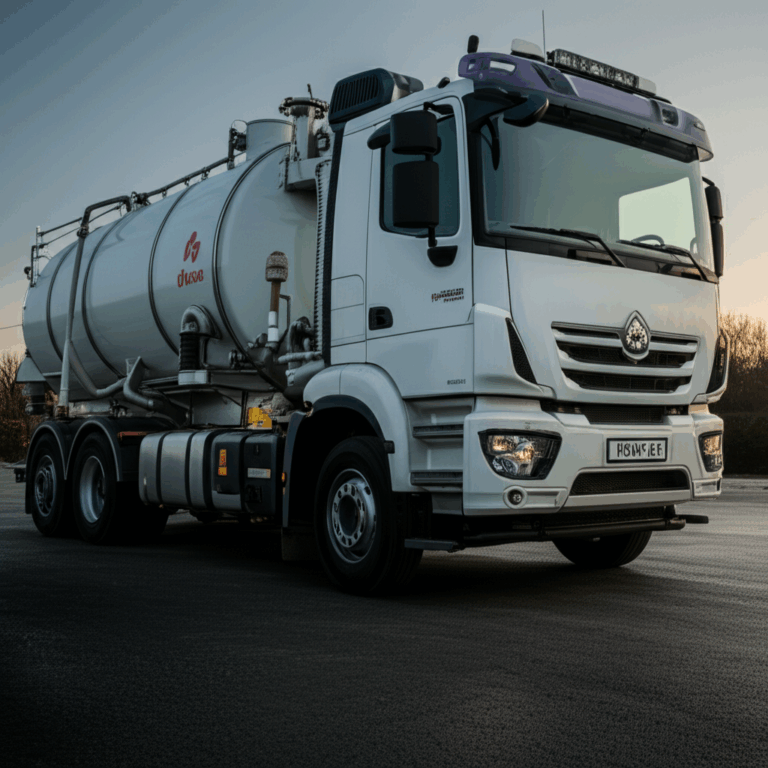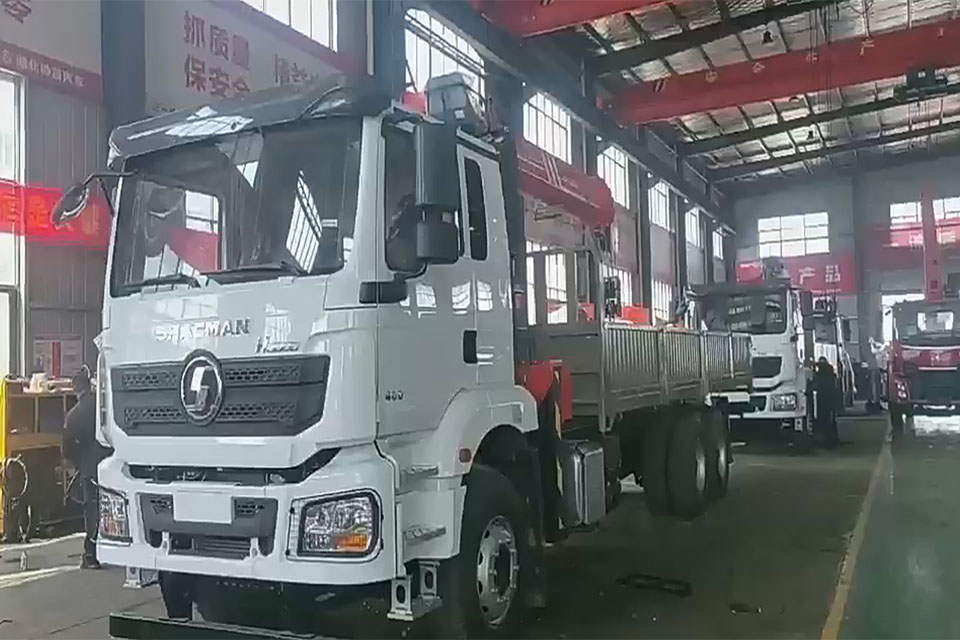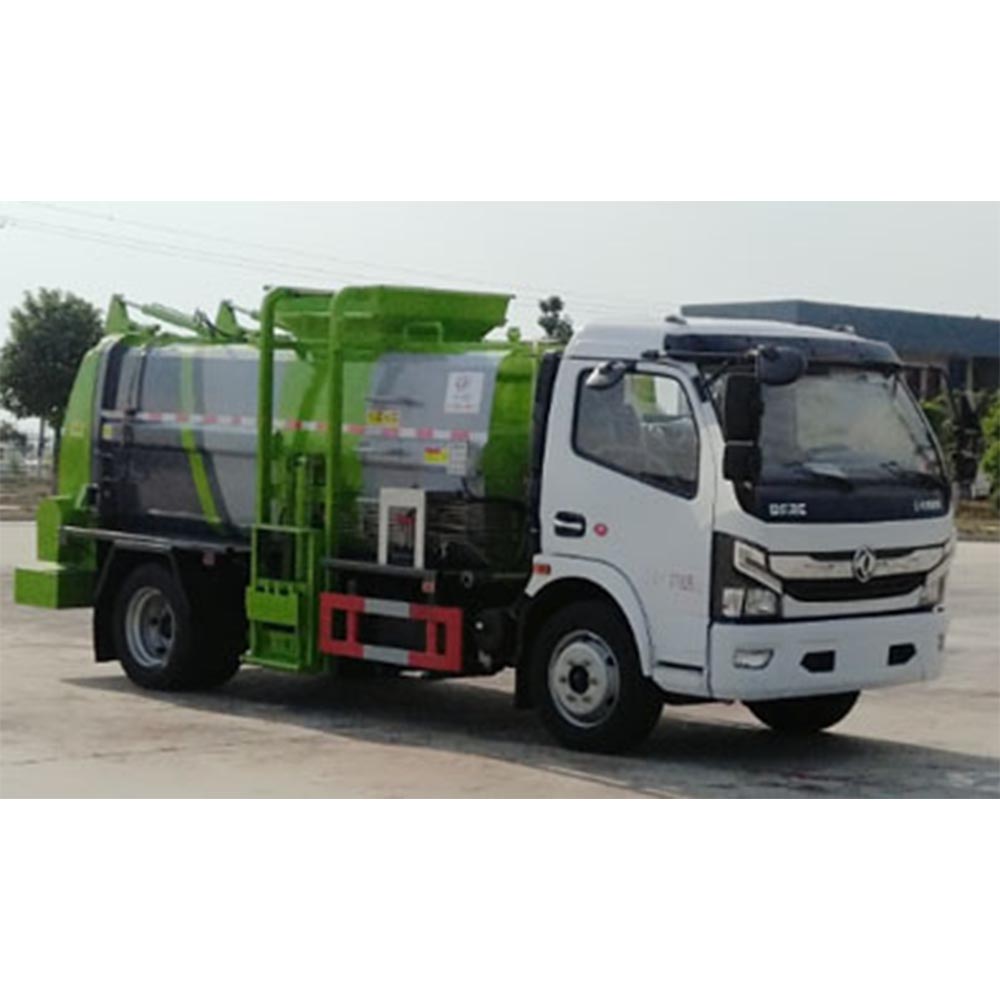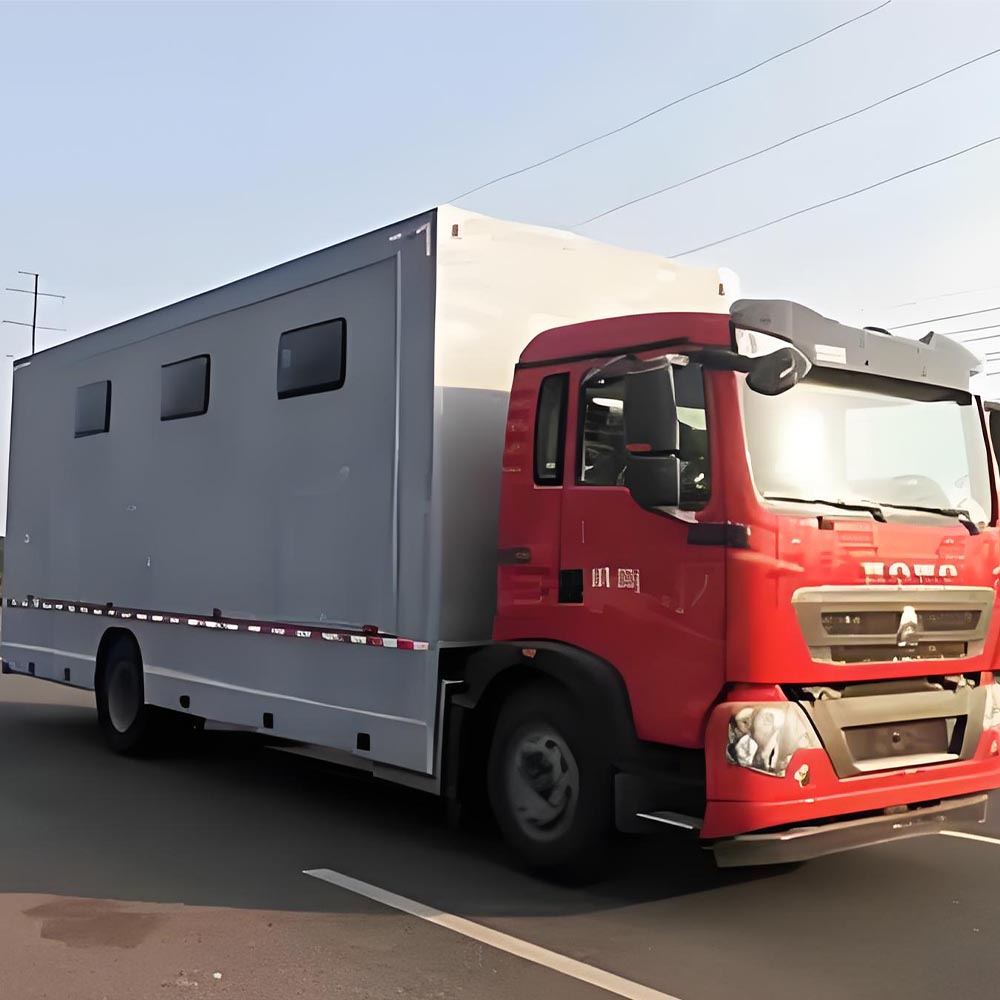-
Chengli Automobile Industry Park

The Evolution of Fire Truck Water Tanks
The Evolution of Fire Truck Water Tanks
From Horse-Drawn Wagons to Smart Water Systems
Fire trucks have come a long way! The water tanks on fire trucks have changed a lot over time. Let’s look at how they went from simple water boxes to smart tanks.
Table of Contents
What Makes This Story Important
Fire truck water tanks help put out fires. Big tanks hold more water. New tanks work better. This story shows how fire trucks got better at saving lives.
Fire Truck Water Tank Evolution
Material Evolution
Market Growth (North America)
Fire Truck Market
Material Comparison
| Material | Weight | Cost | Lifespan | Yearly Upkeep |
|---|---|---|---|---|
| Steel | Very Heavy | High | 50+ years | $1,200-$1,800 |
| Fiberglass | Medium | Medium | 25-30 years | $500-$700 |
| HDPE Plastic | Light | Medium | 30+ years | Under $200 |
Early Days: The First Fire Truck Water Tanks
The first fire trucks had wood and metal tanks. Men had to fill them by hand. These old tanks did not hold much water.
- Horse-drawn water wagons – Very basic
- Small tanks – Only 500-800 gallons
- Hand pumps – Hard work to use
Early fire fighters had a tough job with these simple tools. When steam power came along, things started to get better. The tanks needed to be stronger to handle the new pressure pumps.
Materials Matter: From Steel to Plastic
Steel Tanks (1930s-1980s)
Steel tanks were strong but had problems. They would:
- Rust over time
- Get very heavy
- Cost a lot to fix
- Last up to 50 years with care
Steel tanks need new paint every 5 years to stop rust. This costs $1,200-$1,800 each year.
Fiberglass Era (1990s)
Fiberglass was lighter than steel. But these tanks could crack and break.
HDPE Plastic Takes Over
About 30 years ago, plastic tanks started showing up. Now they are the top choice. By 2025, plastic tanks will make up 68% of all fire truck water tanks.
Benefits of HDPE plastic tanks:
- Don’t rust
- Cost less than $200 per year to keep up
- Can be made in any shape
- Work well with chemicals and foam
“The switch from steel to plastic tanks has been one of the most important changes in fire truck design in the last 50 years.” – Fire Chief Magazine
Table: Fire Truck Water Tank Materials Comparison
| Material | Weight | Cost | Lifespan | Yearly Upkeep |
|---|---|---|---|---|
| Steel | Very Heavy | High | 50+ years | $1,200-$1,800 |
| Fiberglass | Medium | Medium | 25-30 years | $500-$700 |
| HDPE Plastic | Light | Medium | 30+ years | Under $200 |
Modern Tank Design: Shapes and Smart Features
From Round to Box-Shaped
Old tanks were round or egg-shaped. New tanks are more like boxes. This smart change helps use space better on the truck.
Box-shaped tanks let fire trucks carry more water in the same space. This means more water to fight fires!
Split Tanks for Water and Foam
Modern fire trucks need both water and foam. New tanks have walls inside to keep them apart.
Foam helps fight some types of fires better than just water. Check out these modern foam fire trucks for more on how this works.
Smart Tech in Water Tanks
New fire trucks have cool tech in their water tanks:
- Water level sensors – Show how much water is left
- Smart valves – Open and close by themselves
- Tank heaters – Keep water from freezing
- Computer control – Makes everything work together
Case Study: Small Fire Trucks for City Use
Big fire trucks can’t fit down some city streets. A test in Daytona Beach showed that smaller trucks with less water could:
- Get to fires 22 minutes faster
- Fit down 32% more streets
- Save money on gas
These smaller trucks still put out fires well. Learn more about emergency rescue fire trucks and how they work in tight spaces.
Market Growth Shows How Important Water Tanks Are
The numbers tell an important story. Water tanks for fire safety are a growing business:
- North America market: $280.99 Million in 2024
- Expected to reach: $872.71 Million by 2034
- Growth rate: 12% each year
Another study shows:
- 2024 market: $348.87 Million
- 2033 projection: $640.52 Million
- Growth rate: 6.63% yearly
This shows how much people care about fire safety!
The Global Fire Truck Market is Growing Too
The whole fire truck business is getting bigger:
- 2024 market: $5.1 Billion
- Expected 2033 market: $7.6 Billion
- Growth rate: 4.41% each year
How Different Countries Make Different Tanks
United States
- Very large tanks (up to 3,000 gallons)
- NFPA rules say commercial buildings need 15% more stored water in 2025
- Focus on foam systems for chemical fires
Europe
- Smaller, lighter tanks
- Must work in cold (-20°C)
- Fit on narrow streets
The Future of Fire Truck Water Tanks
Self-Loading Systems
New self-loading fire trucks can fill their own tanks from lakes, pools, or hydrants without help.
Drone Technology
Some new fire trucks use drones to:
- Find the best water sources
- Plan how to use water best
- Make filling tanks 40% faster
Better City Design
Smart city planners are thinking about fire truck access when they build new roads and buildings. This helps heavy duty emergency rescue vehicles do their jobs better.
What Fire Chiefs Should Know When Buying New Tanks
If you’re looking to buy a new fire truck with a modern water tank, think about:
- Material – HDPE plastic lasts longer with less care
- Size – Match to your area’s needs
- Shape – Box shape holds more water
- Tech – Get smart sensors if you can
- Cost – Cheaper to maintain means savings later
Conclusion
Fire truck water tanks have changed from simple metal boxes to smart, lightweight systems. These changes help fire fighters save more lives and put out fires faster.
As cities grow and change, fire trucks must change too. Smaller trucks with smart tanks will help keep people safe in our changing world.
Want to learn more about modern fire trucks? Check out our water tanker fire trucks or rapid response fire support trucks for the latest designs.
